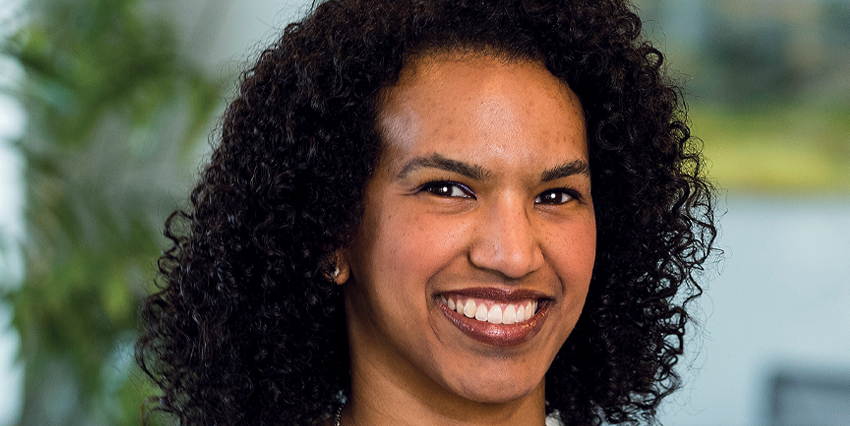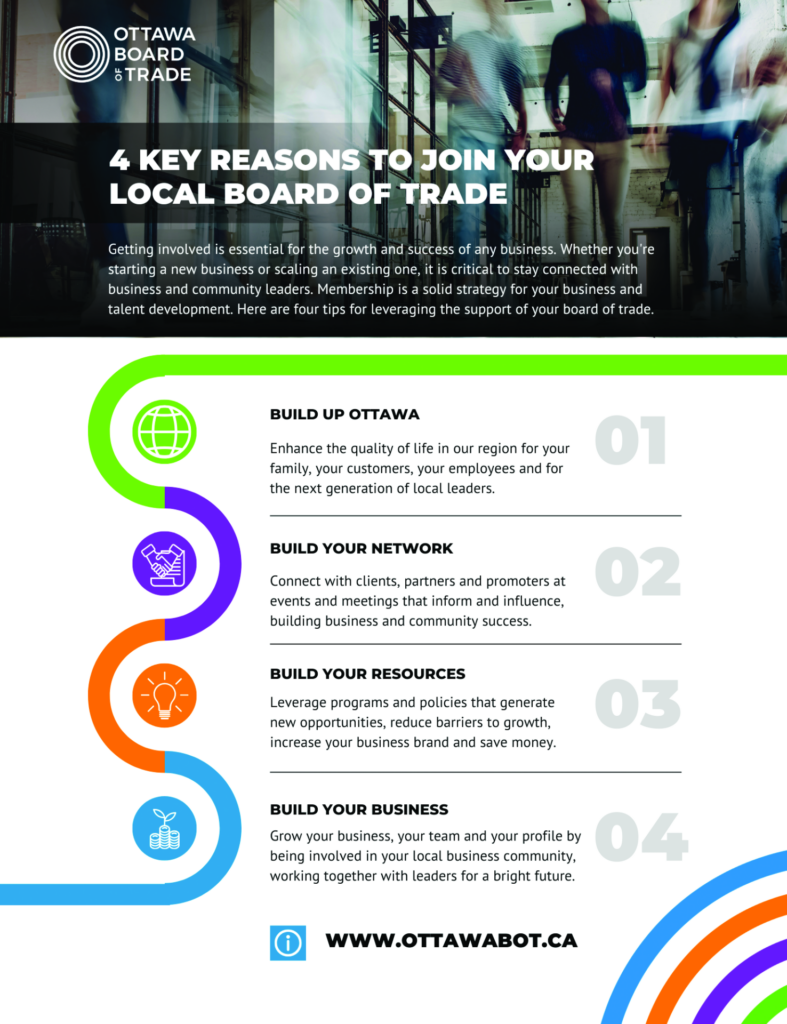Canadian Association of Petroleum Producers – On the Front Line of a Growing Resource Economy

Shannon Joseph, Vice President of Government Relations at the Canadian Association of Petroleum Producers
When Shannon Joseph became the Vice President of Government Relations at the Canadian Association of Petroleum Producers (CAPP) in May of 2018, pipeline discussions were just starting to heat up. Since then the Trans Mountain Expansion pipeline has been put on hold, there has been a production curtailment in Alberta, and the industry is working hard to deal with uncertainty for investors and for their individual companies and teams. “I didn’t know what to expect when I first got the job, except that it would be very busy,” Joseph laughs. “It’s been action-packed, but it’s an exciting portfolio to be a part of.”
CAPP is a membership-based association that represents the upstream oil and gas industry across Canada, with members in Alberta, British Columbia, Saskatchewan, Nova Scotia, and Newfoundland and Labrador—anywhere the oil and natural gas industry exists. Their role is to lobby the Government of Canada, and provincial governments, on behalf of the industry. The association acts as a source of education for the public, and policy research for government and other stakeholders when it comes to Canada’s energy industry. CAPP is also a place where its members can collaborate on best practices from Indigenous engagement to environmental innovation.
Joseph’s role is to connect the oil and natural gas industry to the decision makers in Ottawa. “An important part of the issue is that there are silos in understanding and focus when it comes to industry and that changes the way different decision makers assess policy impacts,” Joseph explains. “The business community in Ottawa has an interest in Canada being competitive, and the alarm that we’re raising is important for everyone to pay attention to.”
That is something that people don’t know about, that we have been an important part of economic reconciliation.
“The policy changes that are happening now in the U.S. have changed the competitive environment for Canada, and Canada is also pursuing other policies that have created an imbalance leading to a lot of investment leaving the country,” she continues. “I think the government is in a position now to really think about what it is going to do to ensure Canada’s competitiveness, and that means getting us market access and introducing effective and efficient climate change policy. We are competing with jurisdictions that don’t follow the same environmental standards as we do, that don’t follow the same labour and human rights standards as we do. Canada deserves to compete, and right now I think Canadians aren’t sure if that’s the case. I want to make a case for that here in Ottawa.”
Joseph’s long-term goals in Ottawa include building up a team and starting an internship program that will allow young people to gain exposure to the industry. The association is in the process of setting up new offices in Ottawa this year, and Joseph hopes this space will offer the opportunity for other associations to come together to collaborate.
The voices of those communities who are achieving financial independence through their engagement with this sector are being drowned out by a lot of other voices, and that’s a huge problem because what they’ve been able to do on their own, with their own resources, derived from this private sector activity, is extremely impressive.
One discussion with government she hopes will become more prevalent is opportunities for Indigenous participation in the energy industry. “These projects are [located] where Indigenous communities are; they create well-paying jobs, they support all kinds of spinoff businesses; and Indigenous entrepreneurs are tapping into these opportunities, and are creating even more opportunities for the people of their communities,” she says. “It’s an invisible story that needs to be told more. Some communities receive royalties, own assets and even own equity in specific projects. That’s not widely known. The voices of those communities who are achieving financial independence through their engagement with this sector are being drowned out by a lot of other voices, and that’s a huge problem because what they’ve been able to do on their own, with their own resources, derived from this private sector activity, is extremely impressive.”
Joseph’s interest has always been focused on environmental sustainability and development that allows people to thrive. For a number of years, she worked on Northern and remote community issues, including with the Nunavut Association of Municipalities, where she developed an appreciation for the resource industries that create opportunities in those communities. “I love the idea of ‘how do we do better,’” she says.
As a woman of colour in the male-dominated oil and natural gas industry, Joseph says she feels blessed to be in a time where being female has never felt like a barrier. A civil engineer by trade, her experience was engineering programs seeking out women for enrollment, schools focused on equipping young women to be leaders, and supportive male and female peers. Her advice to women trying to make it in the industry? Take advantage of all the great opportunities that exist for you—take risks, work hard, and do your best. Canada needs you and your talents, and we are lucky to live in a country with so many open doors.























